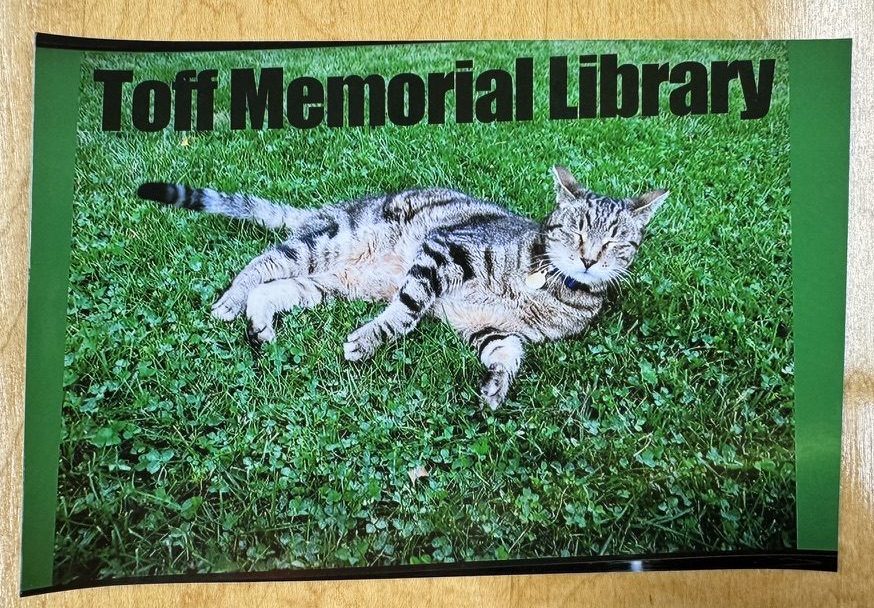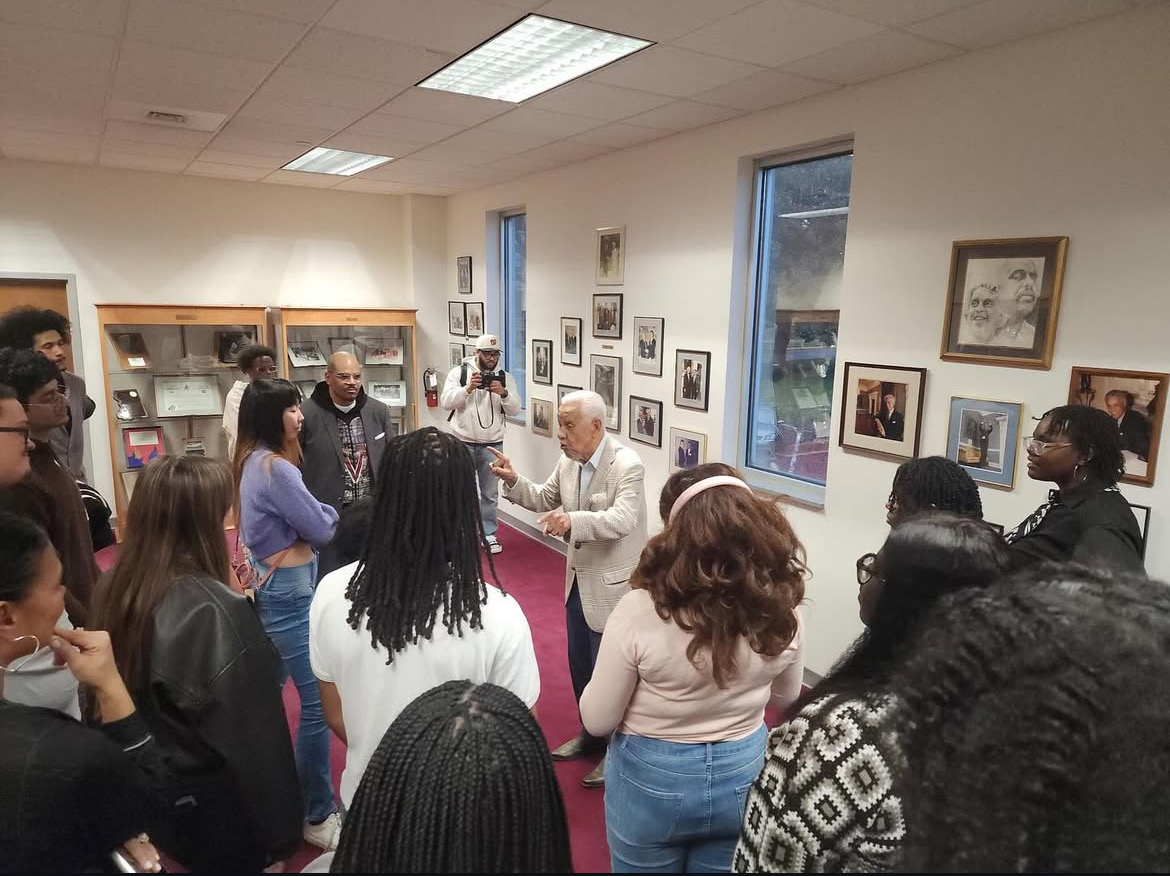Carleton has a military problem. Or, more accurately, the entire U.S. education system has a military problem.
I get a reasonably steady stream of recruitment emails from the United States Army, Air Force, Marines, Navy and on occasion, the Minnesota National Guard. This isn’t new — I started receiving these emails when I was a sophomore in high school, and they picked up when I turned 18 and became eligible to register for the U.S. Selective Service System (the draft). I suspect that I am a target of these emails for a few reasons:
- I’m a man. As much as the military has made strides towards gender equality, men make up 80% of the recruits, per the Army’s fiscal year reports. I’m their prime target demographic.
- I went to a high school that had a sizable share of low income students. It’s a well known fact that the military recruits predominately from lower-income high schools, luring children in with promises of a more prosperous future in exchange for their service in the armed forces. Higher education also plays a strong role here: military service helps pay for college.
I was able to deter these emails for a while by telling my high school to not release my information to military recruiters, but Carleton won’t let me do that without suffering additional consequences.
I grew up as and still am a Quaker, albeit a non-theist one. Contrary to popular belief, Quakerism still exists in a modern form, and there’s even a Quaker meetinghouse (the term for church) here in Northfield: Cannon Valley Friends Meeting. The Religious Society of Friends (the formal name for Quakers) is considered a historic peace church. Quakers are overwhelmingly pacifist. From a theological view, Quakers believe that war and violent conflict go directly against the idea of “loving thy enemy.” From a practical standpoint, we generally believe that armed conflict creates more problems than it fixes. Quakers have been conscientious objectors for as long as we have been around, some tortured to death for their beliefs. It was the American Friends Service Committee’s lobbying during the interwar years that caused the creation of an alternate service program for conscientious objectors to serve in instead of the military, an option that continued from the entry of the US into WWII up until the draft was suspended towards the end of the Vietnam war.
I remember going to anti-war protests during the surge of troops to Afghanistan in 2009 and going to International Day of Peace festivities over the years. I investigated ways to resist signing up for the draft (thwarted by my need of filling out the FAFSA), and am in favor of tax resistance. The U.S. Military has a rich history of committing war crimes and selling weapons to other groups who use them to commit war crimes (such as the U.S.’ arms deals with Saudi Arabia, which have evidently found their way into the war in Yemen). I have no interest in joining an organization with such a callous lack of care for other humans or contributing to its development or capabilities. Events such as the Abu Ghirab Prisoner Torture Scandal, the Maywand District Murders, the Haditha Masscre, and liberal use of drone strikes with little oversight underscore my point: the U.S. military cannot be trusted to follow any laws of war.
To receive federal education funding, schools must submit a list of student names to be entered into a national database for military recruitment. This is true for both secondary schools (these rules were implemented as a part of the No Child Left Behind Act in 2001) and institutions of higher education. My high school submitted my information to military recruiters, as does Carleton. One can notify their institution and request that their information not be released to military recruiters. My high school had a simple paper form I needed to fill out, and that was that.
When I attempted to get off Carleton’s list submitted to recruiters, however, I was told by the Dean of Students office that the only way that could happen was if I was directory suppressed completely — as if I did not exist at the college at all. I tried this and it wreaked havoc on my college experience — systems at my student employment would not let me log in, some third-party student services wouldn’t work correctly because they couldn’t prove that I was enrolled at Carleton, and I would drop off club, event and academic department mailing lists because administrators for those groups couldn’t find me in the system and assumed that I had given them incorrect contact information.
It seems ludicrous to me that my choice is either to receive a barrage of people trying to get me to sign up to join an organization I am so fundamentally opposed to or to essentially drop off the face of the earth electronically at Carleton. It’s 2022. Can we really not have a system that filters out people who have revoked the college’s permission to release our information to military recruitment but lets us stay on the internally used student campus directory?












